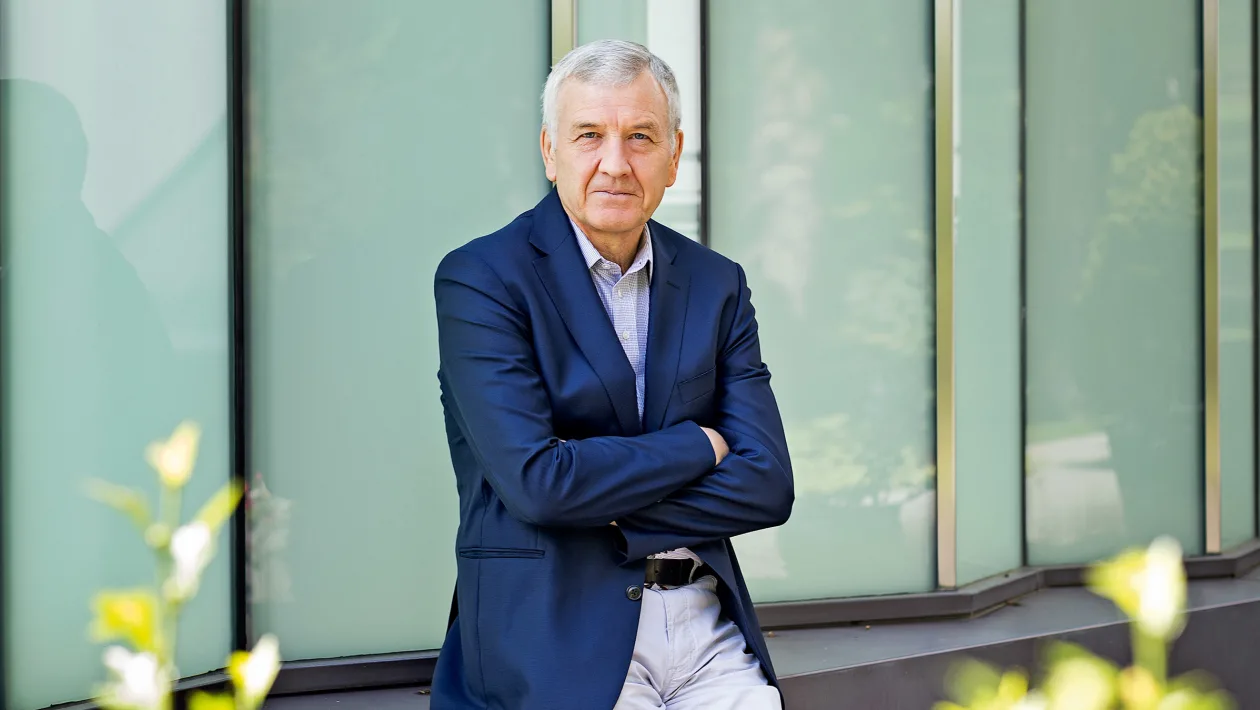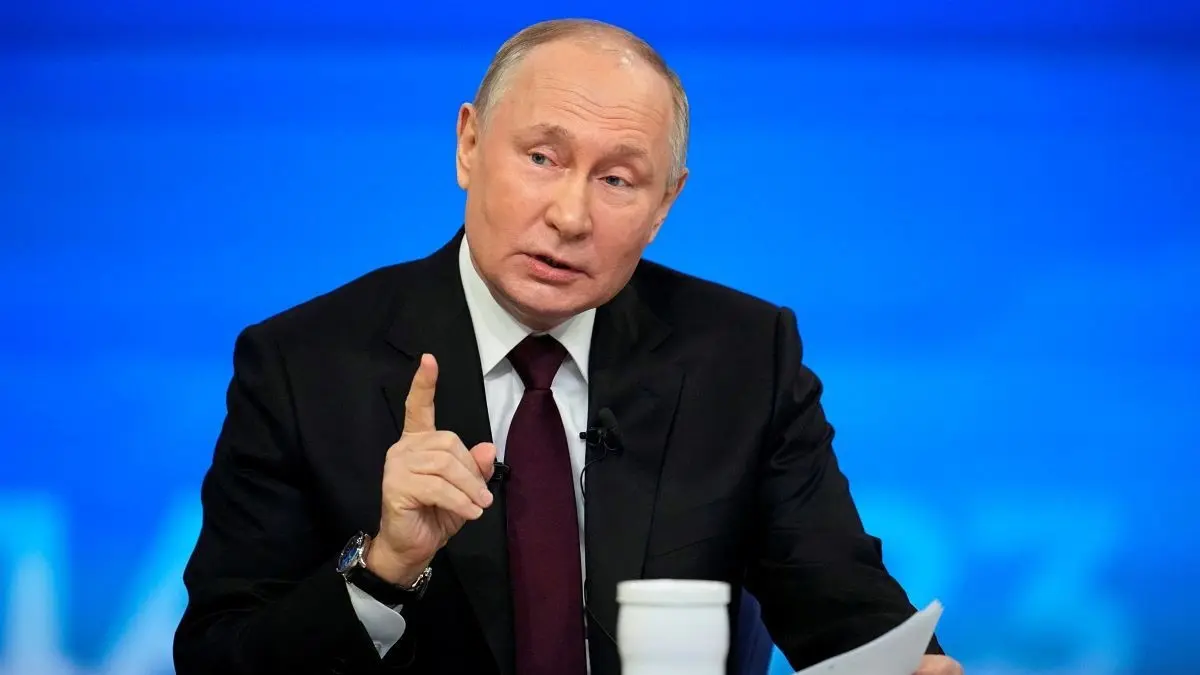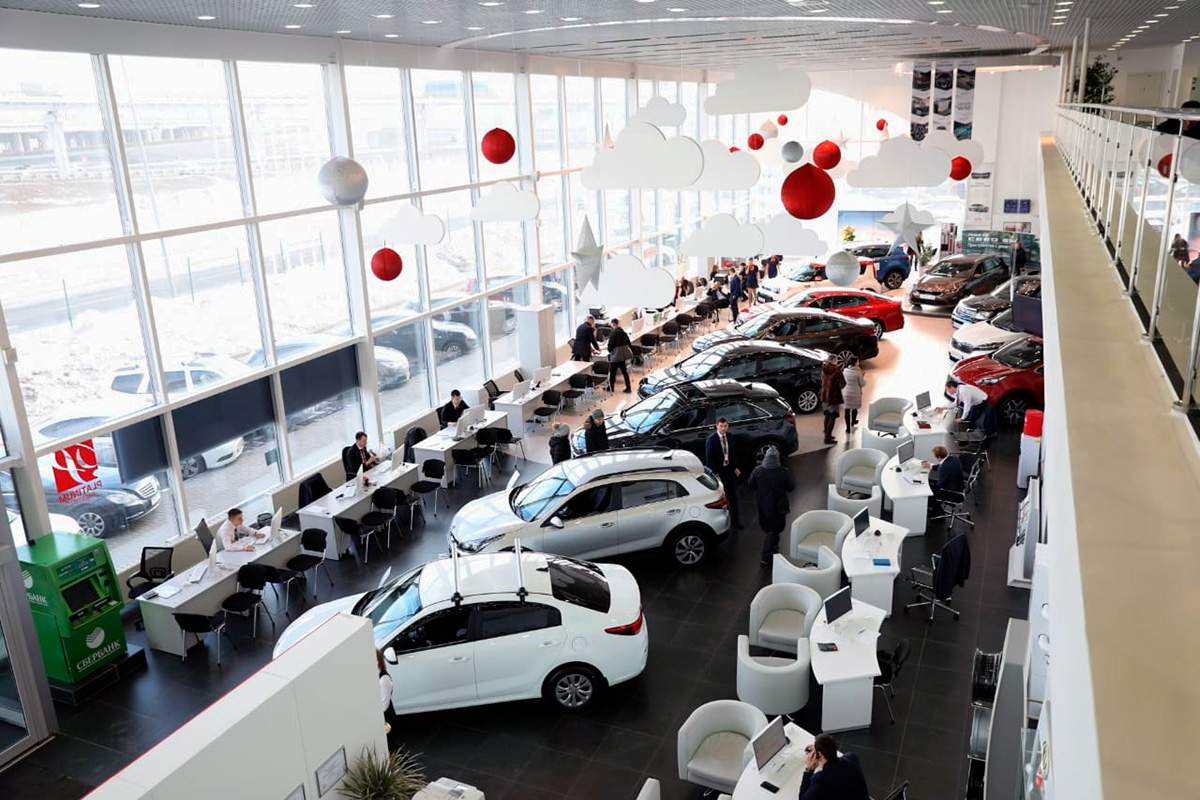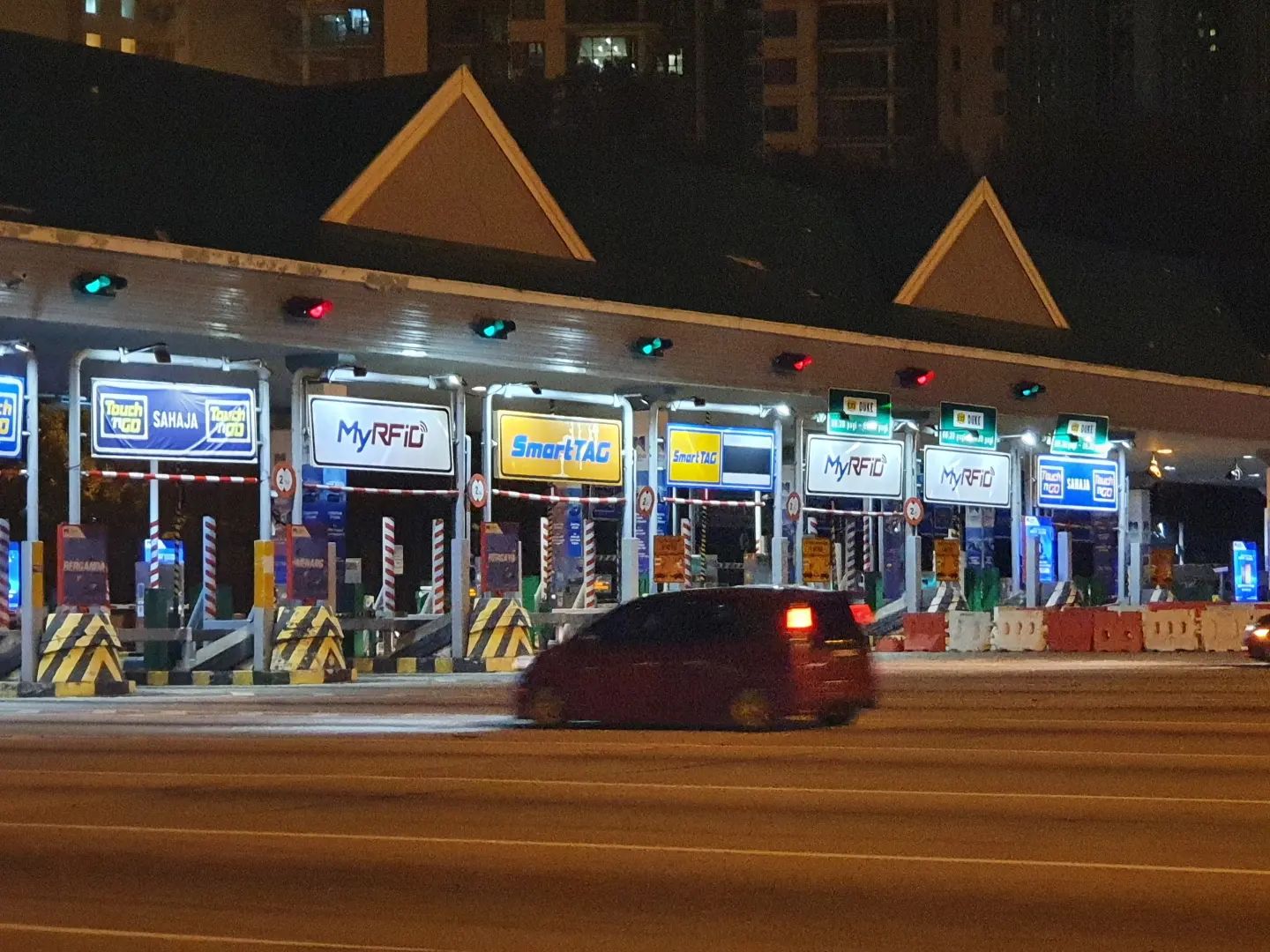President Vladimir Putin has placed Russia’s largest car dealership under temporary state management, a move the Kremlin claimed was driven by commercial considerations.
However, the founder of Rolf, Russian businessman Sergei Petrov, argued that this action portrayed the country as uninvestable.
Rolf, founded by Petrov and currently owned by a Cyprus-based firm, was one of the earliest car dealerships to emerge after the collapse of the Soviet Union. The temporary state control, outlined in a decree published on a government website, follows Moscow’s trend of seizing Western-owned assets in response to sanctions disrupting Russian assets in the West. While Danish brewer Carlsberg and French dairy giant Danone have been affected before, the takeover of Rolf marks the first instance of a prominent Russian business leader losing control of his property in this manner.

Petrov (above), residing in Austria, faces accusations from Russian authorities of illegally moving money abroad, allegations he vehemently denies. Kremlin spokesman Dmitry Peskov insisted that the move was driven by economic expediency and compliance with Russian legislation amid the current international economic situation.
Although Rolf was a Russian company, its ownership structure included offshore elements, prompting state intervention, according to Peskov. Rolf, which traditionally sold a variety of foreign-branded cars, announced the appointment of Alexei Gulyaev as its new CEO, with Svetlana Vinogradova as the first deputy. The temporary management, Rolf asserted, would not impact its operations. Russia’s federal property management agency, Rosimushchestvo, aims to develop and enhance Rolf’s financial performance.

Petrov criticized the move, viewing it as another blow to Russia’s investment landscape. He questioned whether investors, particularly from Asia, would be willing to risk purchasing stakes in Russian assets. Petrov expressed skepticism about the temporary nature of the management, suggesting it might be a cover to redistribute assets, driven by political motives and agreements.
The founder of Rolf raised concerns about the inefficiency of state involvement in retail, highlighting the potential devastating effects on businesses. Petrov, who, in 2014, was one of the few Russian businessmen to criticize the damage to East-West relations after the annexation of Crimea, faced investigations in 2019.
The accusations against Rolf included buying shares at inflated prices, a charge Petrov believed could be linked to his political views. In September, a former senior manager at Rolf was sentenced to 8-1/2 years in prison for allegedly participating in an illegal fund transfer abroad, and an arrest warrant was issued for Petrov.




















